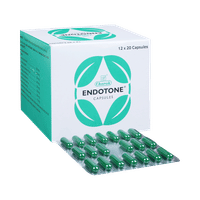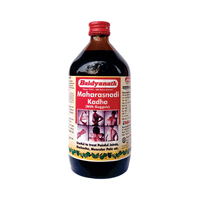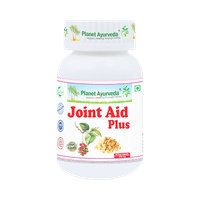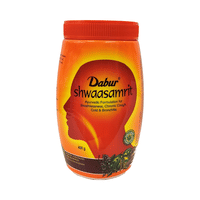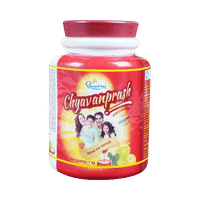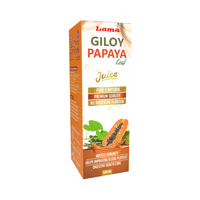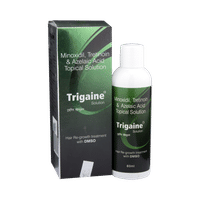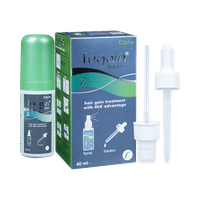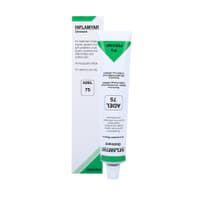Relispray Nitron Pain Relief Cooling Spray
(48 gm Spray in bottle)
Rs. 180
Rs. 200
10% off
Rs. 180
Rs. 200
10% off
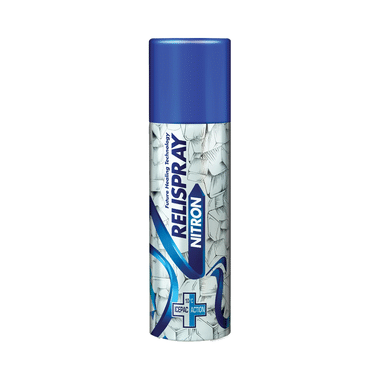
Product Details
Relispray Nitron Pain Relief Cooling Spray
Relispray Nitron Pain Relief Cooling Spray is the medically advised formula for impact injuries. Relispray Nitron combines the healing powers of Relispray with the future healing technology of the amazing ICEPAC action. It reduces swelling. Cools the wound up to 10 degree Celsius and begins the healing process, right away. The future healing technology of Relispray Nitron is approved by doctors and various sports coaches. It is a pain and swelling healing expert made with revolutionary aerosol technology that releases fast and penetrates the skin easily.
Key Ingredients:
Pudina Ka Phool,Wintergreen,Camphor,Turpentine Oil,Cinnamon oil,Clove oil,Eucalyptus oil
Key Benefits:
Product Specifications And Features:
Indications:
["Sprain", "Joint pain", "Muscle pull", "Stress injuries"]
Directions For Use:
Safety Information:
Relispray Nitron Pain Relief Cooling Spray is the medically advised formula for impact injuries. Relispray Nitron combines the healing powers of Relispray with the future healing technology of the amazing ICEPAC action. It reduces swelling. Cools the wound up to 10 degree Celsius and begins the healing process, right away. The future healing technology of Relispray Nitron is approved by doctors and various sports coaches. It is a pain and swelling healing expert made with revolutionary aerosol technology that releases fast and penetrates the skin easily.
Key Ingredients:
Pudina Ka Phool,Wintergreen,Camphor,Turpentine Oil,Cinnamon oil,Clove oil,Eucalyptus oil
Key Benefits:
- Relispray Nitron penetrates the skin and carries cooling and the medicinal properties right to the pain area
- Relispray Nitron does not need rubbing or touching of the wound, therefore preventing any further damage
- Uses cooling technology to work on pain including joint pain, muscle pull, back and neck pain
- Relispray Nitron provides instant relief from any pain ailment and in case of an impact injury
- Infused with advanced ice pack solution condensed to 10 degrees, when sprayed it creates a rapid action of reducing swelling, cooling the wound healing it at the same time
- Relispray Nitron can easily be carried in a player’s kit bag or a normal bag
- Ideal to keep at home when there are children around
Product Specifications And Features:
- Product Form: Aerosol spray
Indications:
["Sprain", "Joint pain", "Muscle pull", "Stress injuries"]
Directions For Use:
- Use as directed by the physician.
Safety Information:
- Read the label carefully before use
- Keep out of the reach of children
- Should be protected from direct light
- Do not pierce or burn even when empty
- Do not spray near eyes or face
- Do not spray on open wounds or broken skin
- Avoid direct inhalation













